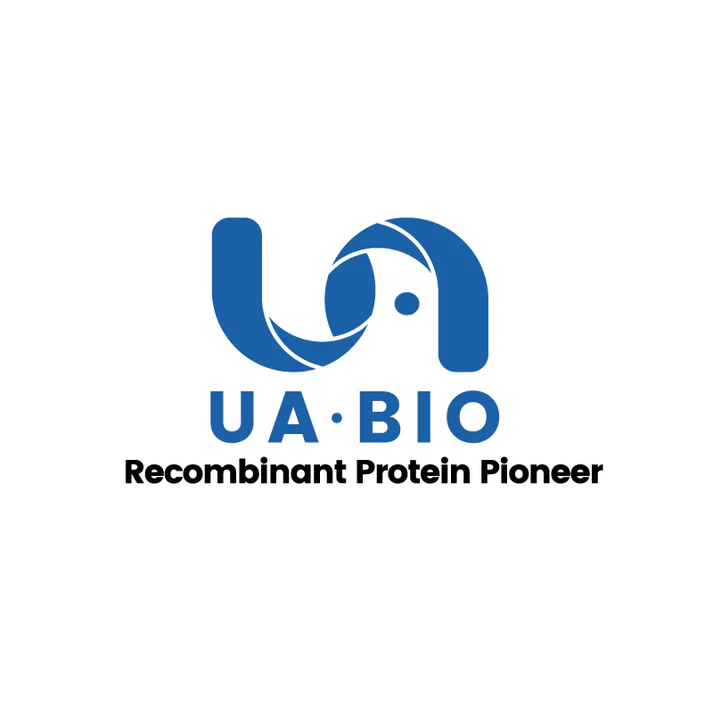Measured in a cell proliferation assay using Balb/c 3T3 mouse fibroblast cells. The EC50 for this effect is less than 1ng/ml.
Product Details
Product Details
Product Specification
| Species | Mouse |
| Synonyms | Proheparin-binding EGF-like growth factor (HB-EGF) |
| Accession | Q06186 |
| Amino Acid Sequence | Asp63-Leu148 |
| Expression System | E.coli |
| Molecular Weight | 14kDa (Reducing) |
| Purity | >95% by SDS-PAGE and HPLC |
| Endotoxin | <0.1EU/μg |
| Conjugation | Unconjugated |
| Physical Appearance | Lyophilized Powder |
| Storage Buffer | 20mM Tris, 300mM NaCl, pH8.0, 1mM DTT |
| Reconstitution | Reconstitute at 0.1-1 mg/ml according to the size in ultrapure water after rapid centrifugation. |
| Stability & Storage | · 12 months from date of receipt, lyophilized powder stored at -20 to -80℃. · 3 months, -20 to -80℃ under sterile conditions after reconstitution. · 1 week, 2 to 8℃ under sterile conditions after reconstitution. · Please avoid repeated freeze-thaw cycles. |
| Reference | Cancer Metastasis Rev. 2018 Sep;37(2-3):385-395. |
Background
Proheparin-binding EGF-like growth factor (HB-EGF), also known as DTR, DTS and HEGFL, is a 13-15kDa member of the EGF family of mitogens. It is expressed in macrophages, monocytes, endothelial cells and muscle cells. HB-EGF signals through the EGF receptor to stimulate the proliferation of smooth muscle cells, epithelial cells and keratinocytes. Compared to EGF, HB-EGF binds to the EGF receptor with a higher affinity and has been shown to be more mitogenic, likely due to its ability to bind to heparin and heparin sulfate proteoglycans. It has been shown to play a role in wound healing, cardiac hypertrophy and heart development and function. The transmembrane form of HB-EGF is the unique receptor for diptheria toxin and functions in juxtacrine signaling in cells. Both forms of HB-EGF participate in normal physiological processes and in pathological processes including tumor progression and metastasis, organ hyperplasia, and atherosclerotic disease. HB-EGF can bind two locations on cell surfaces, heparan sulfate proteoglycans and EGF-receptor effecting cell to cell interactions.
Picture
Picture
Bioactivity
SDS-PAGE
2μg (R: reducing condition, N: non-reducing condition).
SEC-HPLC
>95% as determined by SEC-HPLC.


